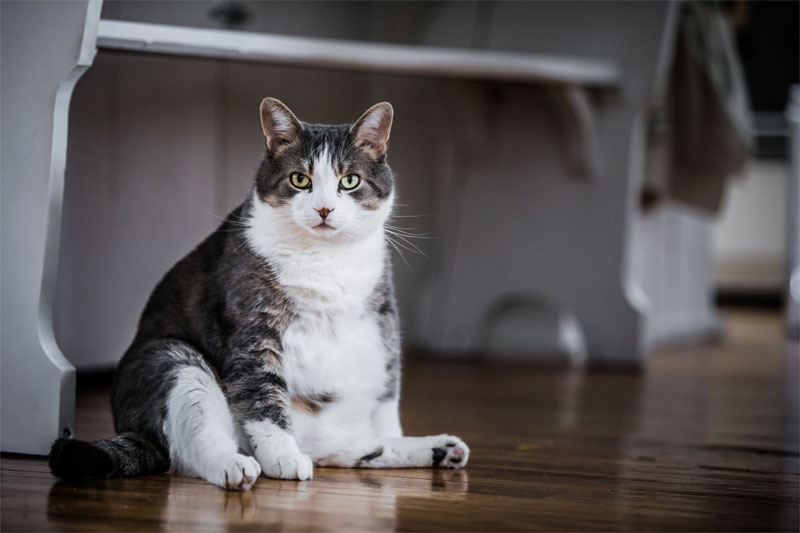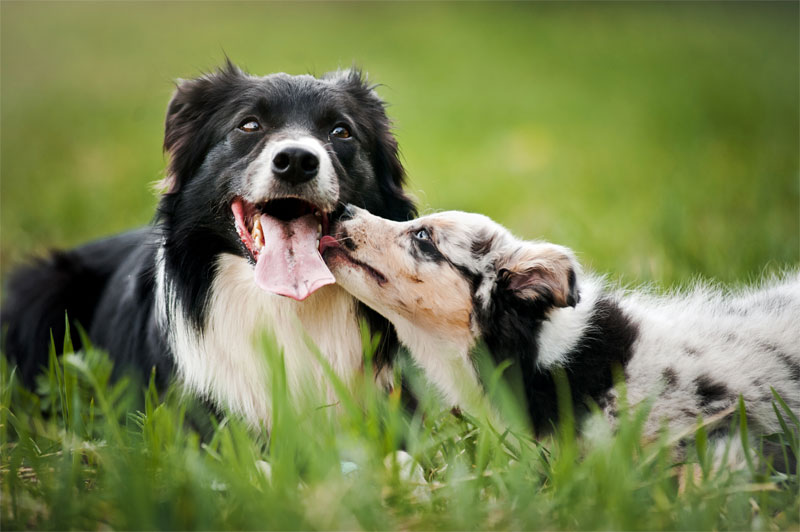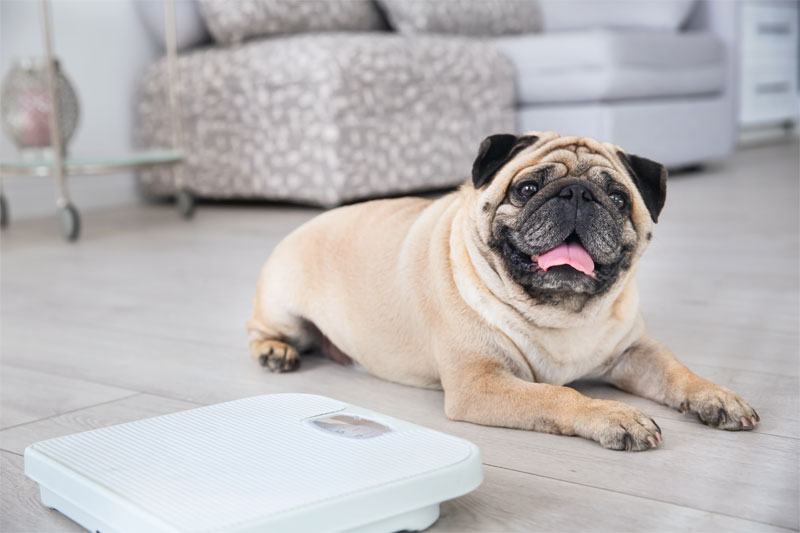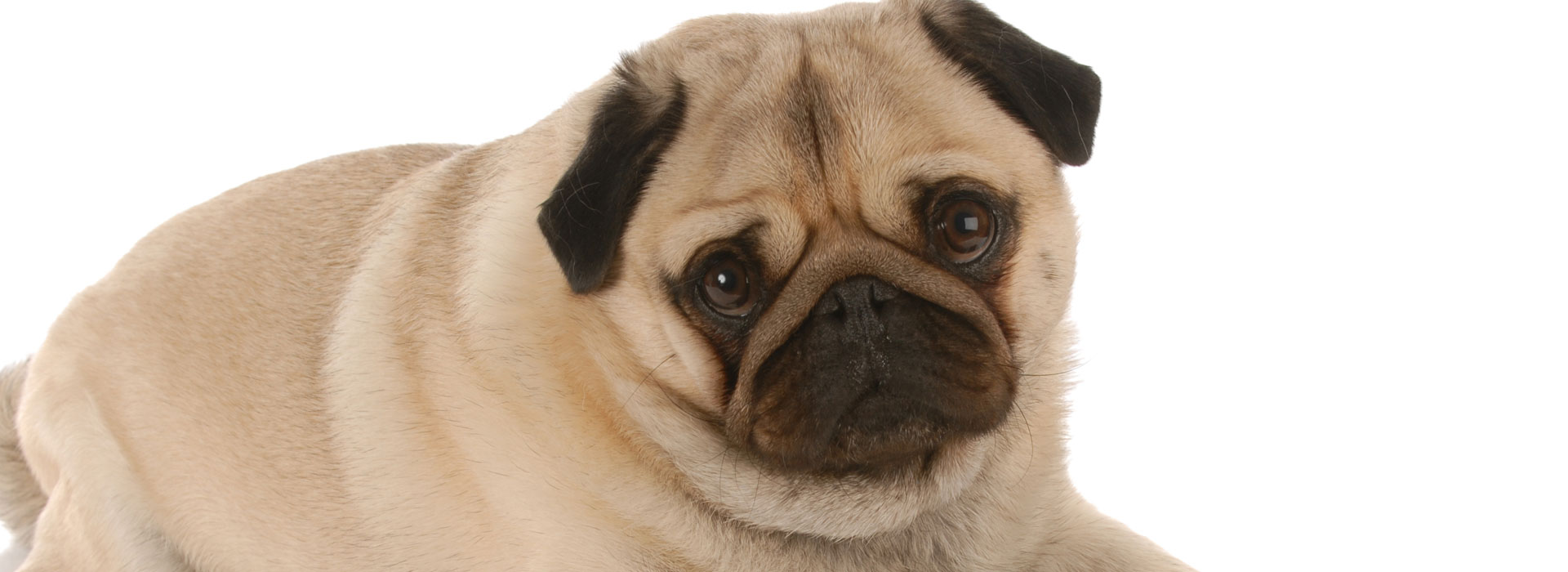Is My Pet Overweight? What Do I Do About It?
Jokes about overweight pets can be found everywhere online, but obesity in pets really is not something to laugh about. All pets are cute, but overweight pets should not be considered especially cute because they are actually at risk for developing several weight-related health problems.


Health Risks of Obesity in Pets
Overweight pets not only have a difficult time moving around, running, and playing as a result of the extra weight, but they are also at risk for several conditions that can develop as a result of being overweight or obese including:
- Diabetes
- Heart Disease
- Osteoarthritis
- Respiratory Illnesses
Additionally, being overweight can significantly diminish a pet’s quality of life and even lead to an early death.
What to Do If Your Pet Is Overweight
You can manage your pet’s weight with a two-pronged approach that includes diet and activity.
Dietary Adjustments
Talk with our veterinarian about a recommended weight management food for your pet and the proper portion for feeding. Be sure to feed your pet on a schedule, limit the number of treats given, and communicate with other humans in your household about your pet’s diet.
Increase Activity
Take more frequent walks with your pet or find ways to move more inside to promote cardiovascular health while increasing the calories your pet burns each day.
Visit the Veterinarian
Weight gain can occur as a result of underlying health conditions such as thyroid disorders or arthritis. If your pet has gained weight, it’s important to rule out underlying conditions or be sure they are properly diagnosed and treated.


How to Tell If Your Pet Is Overweight
Depending on your pet’s species and breed, a few pounds can mean the difference between being a healthy weight or being overweight. Signs that your pet is overweight include:
- Viewed from above, your pet does not narrow at the waist (in front of the hind legs).
- Viewed from the side, your pet's belly hangs low and does not grow narrower at the waist.
- You can't feel your pet's ribs.
- Your pet is less active.
- Your pet becomes easily winded or tired.
If you aren’t sure whether your pet is overweight, schedule a weight management appointment with our veterinarian. We provide you with more information about your pet’s normal weight range and the lifestyle that can help your pet stay healthy.
To learn more about obesity in pets or to schedule an appointment for your dog or cat at Sage Creek Animal Hospital, we welcome you to contact us today.






